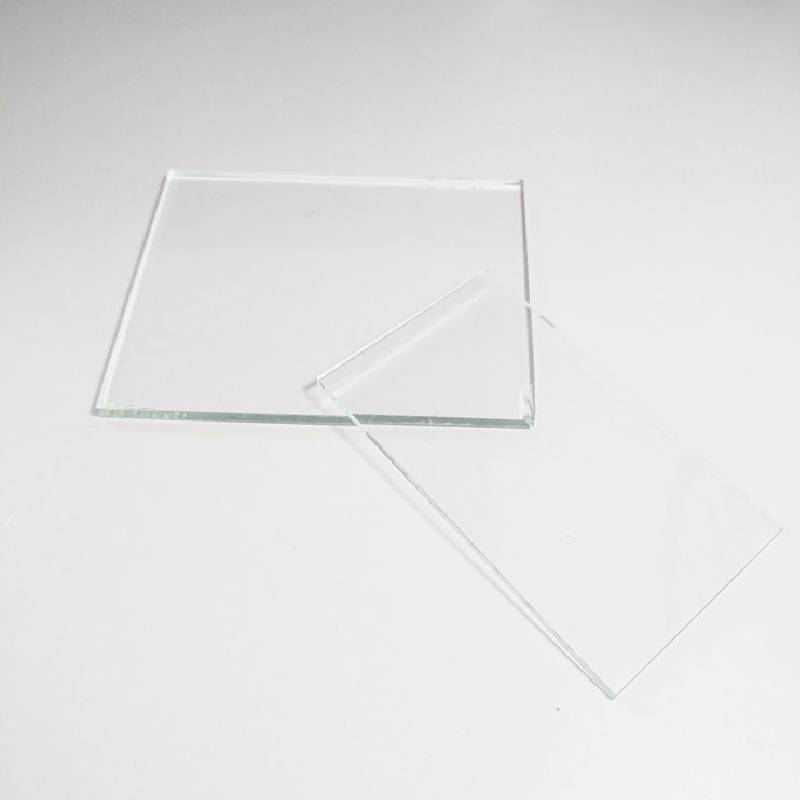The Significance of Clear Float Glass in Modern Architecture and Design
In the world of architecture and design, clear float glass has emerged as a pivotal material, shaping not only the aesthetics of buildings but also their functionality. Understanding the properties and applications of this versatile glass can offer insight into why it is so widely used in contemporary structures.
What is Clear Float Glass?
Clear float glass is produced through a process called float glass manufacturing, wherein molten glass is poured onto a bed of molten tin. This method allows the glass to float and spread out evenly, resulting in a smooth, flat surface that is free of distortions. The clarity and uniformity of this glass make it ideal for a variety of applications, particularly in architectural contexts where transparency and light are essential elements.
Key Characteristics and Benefits
One of the standout features of clear float glass is its high clarity. This transparency allows for unobstructed views, inviting natural daylight into spaces while maintaining the connection between interior and exterior environments. Another advantage is its versatility; clear float glass can be easily cut, tempered, or coated to suit specific design requirements. This adaptability makes it a preferred choice for architects and designers who want to experiment with form, light, and texture.
Moreover, clear float glass possesses excellent optical properties, providing a neutral backdrop that complements various design styles, from minimalist to industrial aesthetics. Its ability to enhance spatial perception plays a crucial role in making spaces feel larger and more open. In an age where urban spaces are often constrained, clear float glass enables designers to play with light and transparency, creating airy environments that reflect contemporary sensibilities.
Applications in Architecture
The use of clear float glass spans numerous applications in architectural design
. It is commonly employed in windows, facades, and curtain walls, where natural light can profoundly impact the ambiance of a space. For example, large glass panels in office buildings not only create a modern aesthetic but also reduce energy consumption by maximizing daylight penetration.
clear float glass
In residential design, clear float glass is utilized in sliding doors and large windows that seamlessly connect indoor and outdoor living spaces. The visual connection with nature enhances the livability of homes, making them feel more spacious and integrated with their surroundings.
Additionally, clear float glass is often used in structural applications, such as glass staircases and balustrades. These installations not only serve safety purposes but also add a stunning visual element to a building, demonstrating a commitment to modern design principles.
Sustainability Aspect
As the global focus shifts towards sustainability, the role of clear float glass in eco-friendly architecture is becoming increasingly relevant. Glass can be recycled, and advancements in manufacturing technology have led to more energy-efficient production methods. Moreover, with the introduction of low-emissivity (Low-E) coatings, clear float glass now offers improved thermal insulation, contributing to energy savings in both commercial and residential settings.
Innovations in glazing technologies, such as smart glass, further enhance the sustainability of clear float glass. These products can adjust their transparency based on light conditions, reducing the need for artificial lighting and optimizing energy consumption throughout the day.
Conclusion
In conclusion, clear float glass has become an integral component of modern architecture and design. Its exceptional clarity, versatility, and aesthetic appeal allow architects and designers to push the boundaries of creativity while maintaining functional integrity. As sustainable practices gain prominence, the ability of clear float glass to adapt and innovate ensures its continued relevance in the architectural landscape. As we move forward, the incorporation of clear float glass will undoubtedly pave the way for a more luminous and environmentally conscious built environment.
Whether used in resplendent facades or intimate interior spaces, clear float glass remains a symbol of contemporary design, harmonizing light, space, and sustainability in our ever-evolving architectural endeavors.
 Afrikaans
Afrikaans  Albanian
Albanian  Amharic
Amharic  Arabic
Arabic  Armenian
Armenian  Azerbaijani
Azerbaijani  Basque
Basque  Belarusian
Belarusian  Bengali
Bengali  Bosnian
Bosnian  Bulgarian
Bulgarian  Catalan
Catalan  Cebuano
Cebuano  Corsican
Corsican  Croatian
Croatian  Czech
Czech  Danish
Danish  Dutch
Dutch  English
English  Esperanto
Esperanto  Estonian
Estonian  Finnish
Finnish  French
French  Frisian
Frisian  Galician
Galician  Georgian
Georgian  German
German  Greek
Greek  Gujarati
Gujarati  Haitian Creole
Haitian Creole  hausa
hausa  hawaiian
hawaiian  Hebrew
Hebrew  Hindi
Hindi  Miao
Miao  Hungarian
Hungarian  Icelandic
Icelandic  igbo
igbo  Indonesian
Indonesian  irish
irish  Italian
Italian  Japanese
Japanese  Javanese
Javanese  Kannada
Kannada  kazakh
kazakh  Khmer
Khmer  Rwandese
Rwandese  Korean
Korean  Kurdish
Kurdish  Kyrgyz
Kyrgyz  Lao
Lao  Latin
Latin  Latvian
Latvian  Lithuanian
Lithuanian  Luxembourgish
Luxembourgish  Macedonian
Macedonian  Malgashi
Malgashi  Malay
Malay  Malayalam
Malayalam  Maltese
Maltese  Maori
Maori  Marathi
Marathi  Mongolian
Mongolian  Myanmar
Myanmar  Nepali
Nepali  Norwegian
Norwegian  Norwegian
Norwegian  Occitan
Occitan  Pashto
Pashto  Persian
Persian  Polish
Polish  Portuguese
Portuguese  Punjabi
Punjabi  Romanian
Romanian  Russian
Russian  Samoan
Samoan  Scottish Gaelic
Scottish Gaelic  Serbian
Serbian  Sesotho
Sesotho  Shona
Shona  Sindhi
Sindhi  Sinhala
Sinhala  Slovak
Slovak  Slovenian
Slovenian  Somali
Somali  Spanish
Spanish  Sundanese
Sundanese  Swahili
Swahili  Swedish
Swedish  Tagalog
Tagalog  Tajik
Tajik  Tamil
Tamil  Tatar
Tatar  Telugu
Telugu  Thai
Thai  Turkish
Turkish  Turkmen
Turkmen  Ukrainian
Ukrainian  Urdu
Urdu  Uighur
Uighur  Uzbek
Uzbek  Vietnamese
Vietnamese  Welsh
Welsh  Bantu
Bantu  Yiddish
Yiddish  Yoruba
Yoruba  Zulu
Zulu 

